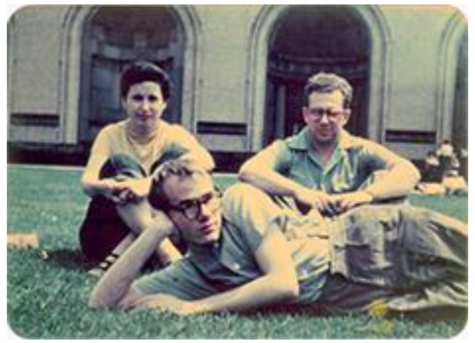The Andy Warhol Museum Announces Pearlstein, Warhol, Cantor: From Pittsburgh to New York, Opening May 2015
The Warhol receives state arts funding support through a grant from the Pennsylvania Council on the Arts, a state agency funded by the Commonwealth of Pennsylvania; the National Endowment for the Arts, a federal agency; and The Heinz Endowments. Further support is provided by the Allegheny Regional Asset District.
The Andy Warhol Museum
Located in Pittsburgh, Pennsylvania, the place of Andy Warhol’s birth, The Andy Warhol Museum holds the largest collection of Warhol’s artworks and archival materials and is one of the most comprehensive single-artist museums in the world. The Warhol is one of the four Carnegie Museums.
Carnegie Museums
Established in 1895 by Andrew Carnegie, Carnegie Museums is a collection of four distinctive museums: Carnegie Museum of Art, Carnegie Museum of Natural History, Carnegie Science Center, and The Andy Warhol Museum. The museums reach more than 1.4 million people a year through exhibitions, educational programs, outreach activities, and special events.


